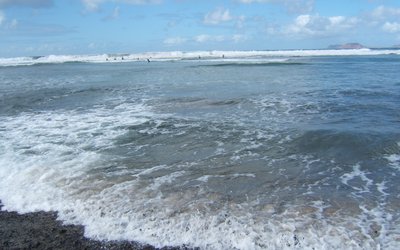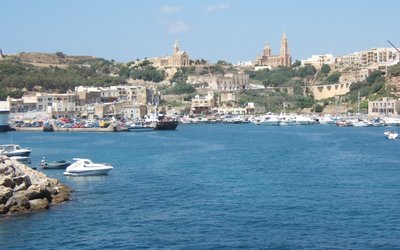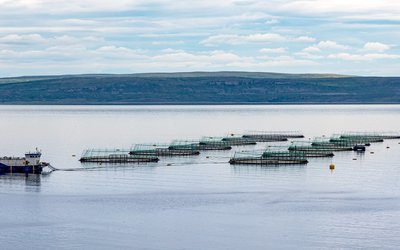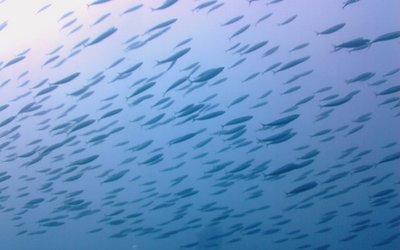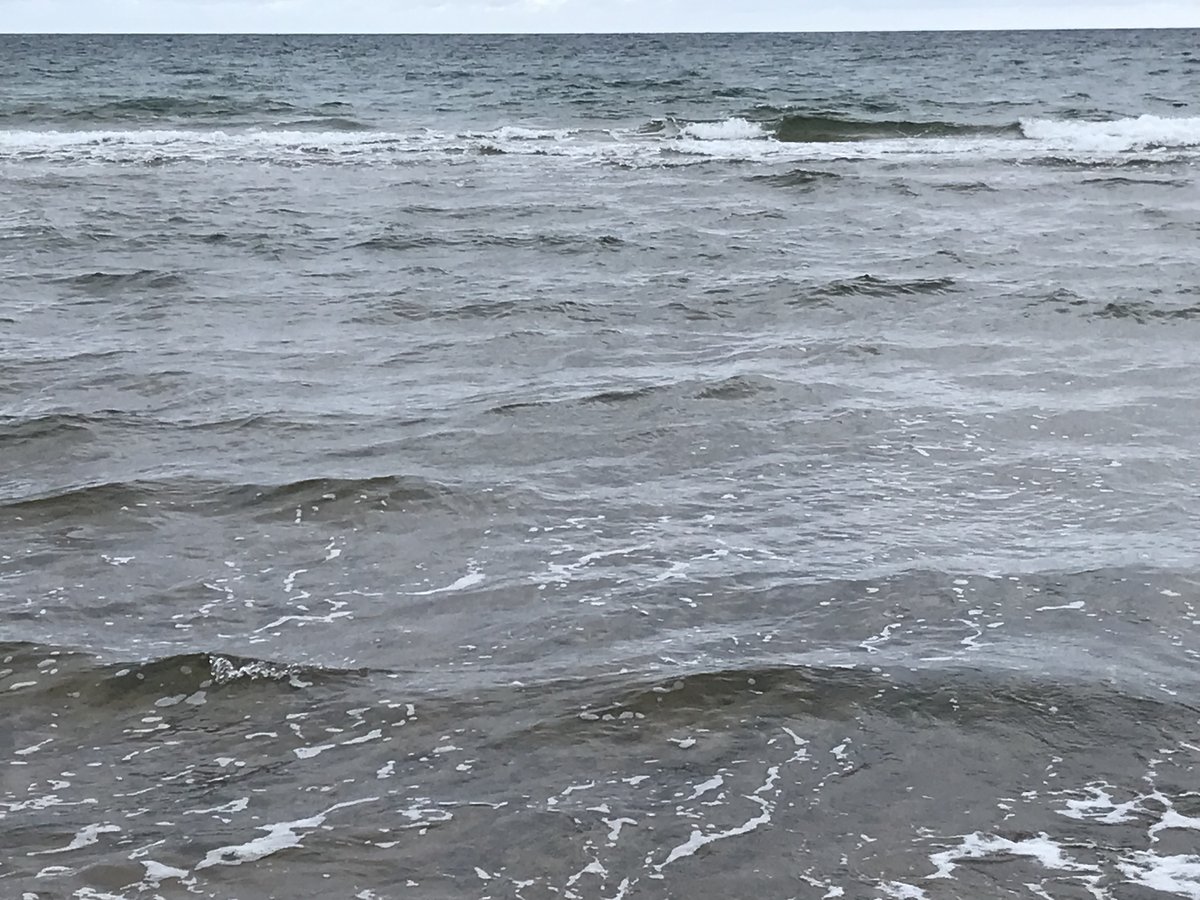
‘The ocean is losing its breath under heatwaves’, said the headline of a recent article in Nature Communications. Worldwide, the oceans are warming, and oxygen concentrations are declining. The two are connected: At higher water temperature, oxygen solubility in sea water decreases and the seawater’s capacity to store oxygen declines. In addition, the authors of this study observed that during events of both high temperature and low oxygen concentration of ocean waters, stratification in the ocean had intensified, suppressing the ocean’s oxygen supply.
The study is based on both observations and model simulations at the global scale. Apparently, the impact of climate change on these extreme events is becoming progressively evident at the global scale.
From 10% to 25%
At the end of the previous century, every now and then, heatwave and low-oxygen extreme events occurred simultaneously in only 10% of the world’s oceans. 30 years later, this was the case in almost a quarter of the oceans. Events of low oxygen are increasingly associated with heatwaves. In the 1970s, about 40% of the low-oxygen events in the world’s oceans occurred during heatwaves. At the beginning of this century, this percentage had increased to over 50%. Regions with a relatively high frequency of heatwaves are also frequently affected by low-oxygen extreme events.
From 14 to 25 days
The vast majority of the world’s oceans are facing an increase in the number of days in a year that low-oxygen extremes and heatwaves in ocean waters occur at the same time. In the 1980s, the global average annual number of these days was 14 days. Between the 1980s and the 2010s, this number has increased by an additional 25 days per year, with some regions experiencing an increase of more than 50 days.
Consequences for fish biomass
‘The increasing co-occurrence of heatwave and low-oxygen extremes could have far-reaching implications for human society’, according to the authors of this study. The increase in the number of days in a year with both low-oxygen extremes and heatwaves in ocean waters is greatest in ocean regions with high fish biomass, approximately 50% greater than the global average increase. The authors report the greatest increase for the North Sea: an increase almost 4 times greater than the global average increase. A higher increase means more damage to marine life and ecosystem, and a more rapid decline of fish biomass.
The increase of the frequency of these compound events is primarily caused by anthropogenic global warming. The spatial distribution of these events largely results from the response of ocean circulation to the natural variability of the climate.
Source: Li et al., 2024. The ocean losing its breath under the heatwaves. Nature Communications 15, 6840.

